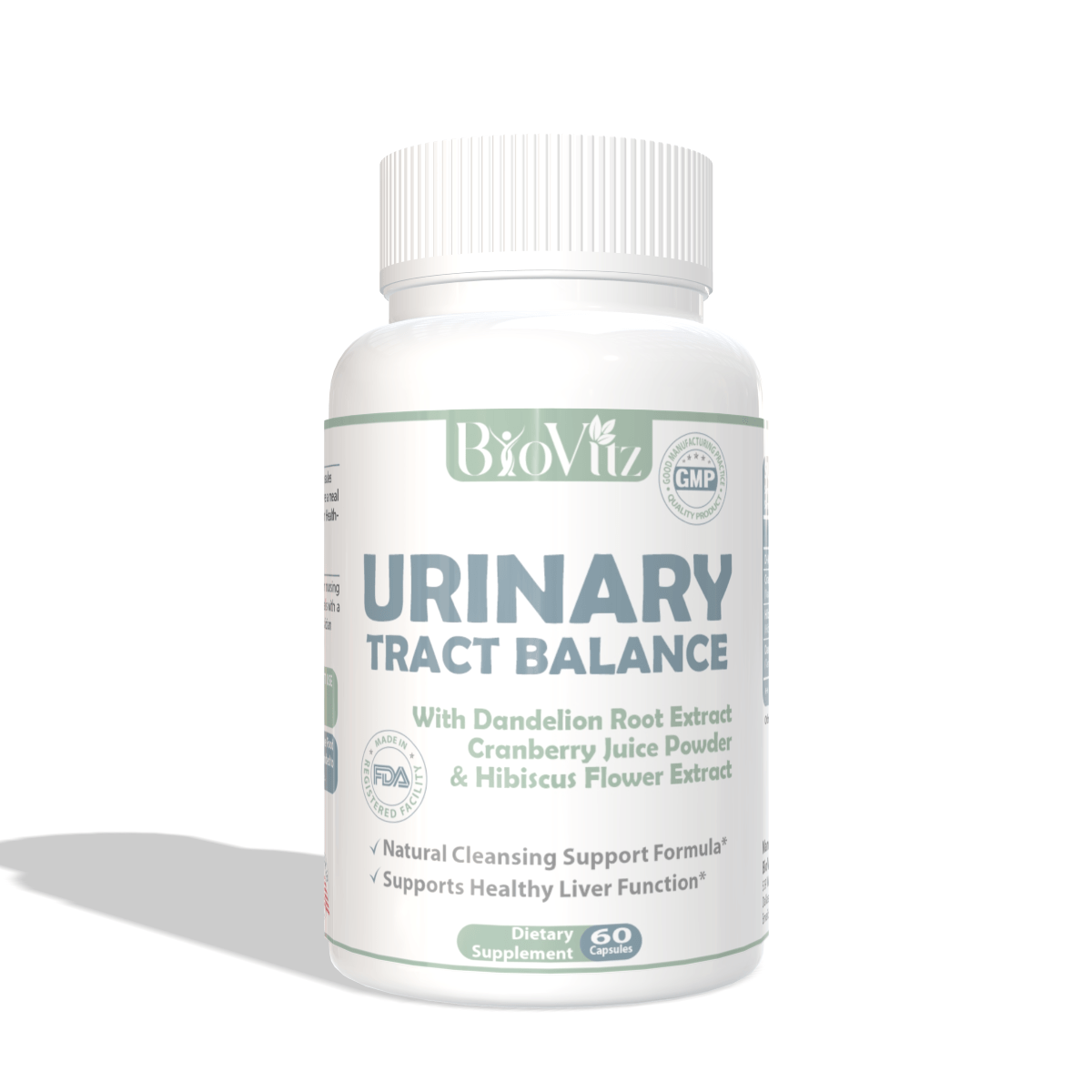The Dilemma of Elevated Body Temperature
Elevated body temperature, commonly known as heat intolerance, is a widespread condition affecting numerous individuals. Although a natural response to diverse situations, prolonged or excessive body heat can result in discomfort and various health issues.
Exploring the Root Causes
Impact of External Environment
Elevated temperatures in the external surroundings can contribute to an increase in body heat, particularly during the scorching summer months, potentially leading to heat-related illnesses.
Influence of Physical Activity
Participating in rigorous physical activities raises the body’s core temperature. While exercise generates heat, inadequate hydration during intense physical exertion can lead to heightened body temperature.
Metabolic Factors
Metabolic processes within the body generate heat as a byproduct. Conditions like hyperthyroidism, linked to an escalated metabolic rate, can result in elevated body heat.
Role of Infections and Illnesses
Fever, a common symptom of infections, serves as the body’s defense mechanism against pathogens. The immune system releases chemicals that elevate the body’s temperature, creating an inhospitable environment for invading microbes.
Contribution of Dehydration
Insufficient fluid intake can lead to dehydration, compromising the body’s ability to regulate temperature through sweating and resulting in increased body heat.
Effective Solutions
Prioritize Hydration
Sufficient hydration is essential for regulating body temperature. Ensure consistent water intake, especially in hot weather or during physical activities.
Incorporate Cooling Foods
Integrate cooling foods such as cucumber, watermelon, mint, and coconut water into your diet. These foods possess hydrating properties and can assist in lowering body temperature.
Utilize Cooling Herbs
Herbs like peppermint and cilantro are recognized for their cooling properties. Including them in meals or as herbal teas can have a beneficial cooling effect on the body.
Opt for Cool Showers
A refreshing cool shower or bath can rapidly lower body temperature. Exercise caution with extremely cold water to prevent sudden constriction of blood vessels.
Manage Stress Levels
Stress and anxiety can contribute to increased body heat. Employ stress management techniques such as meditation, deep breathing, or yoga to foster relaxation.
Avoid Excessive Sun Exposure
Restrict direct sunlight exposure, especially during peak hours. Use sunscreen and wear a hat to shield yourself from the sun’s heat.
Addressing Concerns through FAQs
Q: Can elevated body temperature pose a serious health risk?
A: While occasional elevation in body heat is considered normal, persistent or severe cases may indicate underlying health issues. Consult a healthcare professional if you have concerns.
Q: Are there specific foods to avoid to manage elevated body temperature?
A: Spicy foods and caffeine can contribute to increased body heat. It’s advisable to moderate their consumption, especially in hot weather.
Q: How long does it take for lifestyle changes to impact elevated body temperature?
A: Consistent hydration and dietary adjustments may yield positive effects in a few weeks. However, individual responses may vary.





















